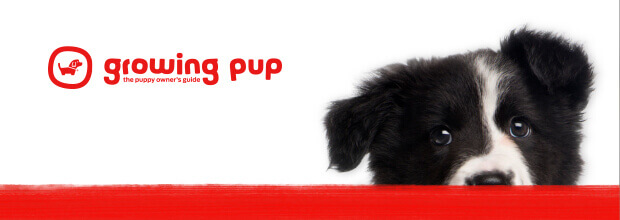- Dog suitable for non-experienced owners
- Basic training required
- Enjoys active walks
- Enjoys walking an hour a day
- Giant dog
- Minimum drool
- Requires grooming every other day
- Hypoallergenic breed
- Quiet dog
- Guard dog. Barks, alerts and it's physically protective
- Great with other pets
- Great family dog











